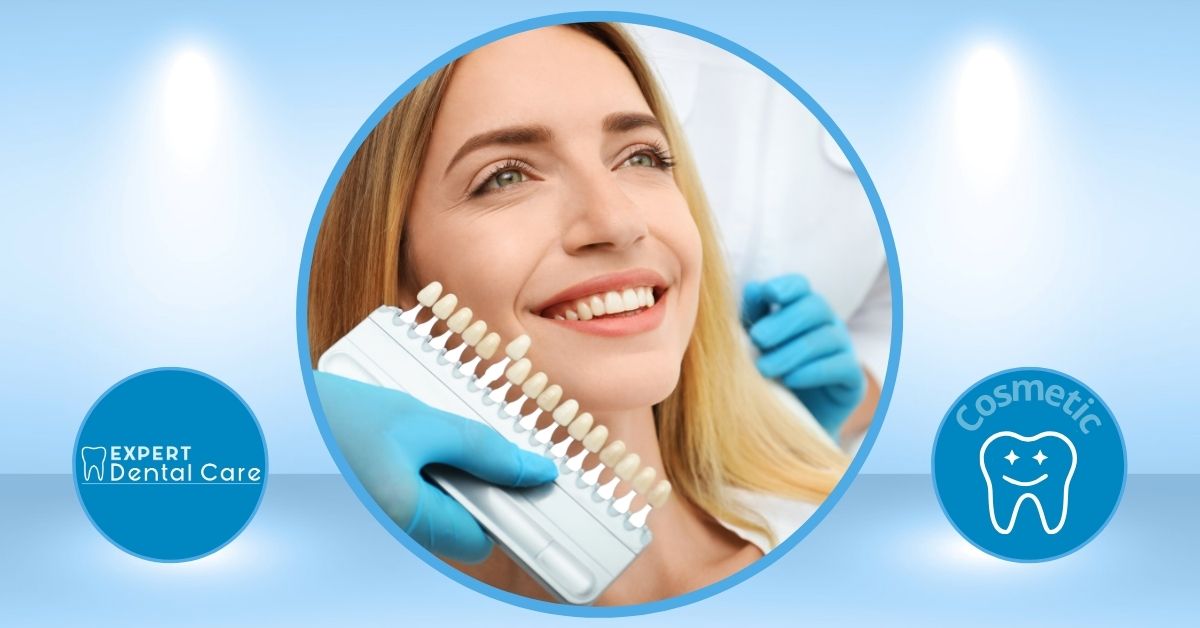Here is the list of the Top Cosmetic Dentists in Pennsylvania City, USA.
Cosmetic dentists
Dr. Ross Newman
Financial District – Trinity Building 111 Broadway, Suite 1304 New York, NY 10006
Brooklyn County, NY
King County, WA
Alameda County, CA
Pennsylvania
Pennsylvania
Pennsylvania
Pennsylvania
North Carolina
New Mexico
New Jersey
Georgia
Is Dentistry at risk of AI?
The integration of artificial intelligence (AI) in dentistry has been transformative, offering numerous benefits such as enhanced diagnostic accuracy, personalized treatment planning, and improved patient outcomes. However, this technological advancement also raises concerns about potential risks, including job displacement, data privacy issues, and the possibility of misdiagnosis. This article explores the impact of AI on dentistry, discussing both its advantages and challenges.
Introduction to AI in Dentistry
AI in dentistry involves the use of machine learning algorithms and deep learning models to analyze dental images, predict disease progression, and assist in treatment planning. These technologies have shown significant promise in improving the efficiency and accuracy of dental care. For instance, AI can analyze radiographs to detect cavities and identify abnormalities in the temporomandibular joint more accurately than traditional methods.
Advantages of AI in Dentistry
- Enhanced Diagnostic Accuracy: AI algorithms can analyze dental images with high precision, often surpassing human capabilities in detecting subtle changes indicative of dental diseases.
- Personalized Treatment Planning: By analyzing patient data, AI can help create tailored treatment plans that address individual needs, leading to more effective care.
- Predictive Analytics: AI can predict the likelihood of certain dental diseases, allowing for early intervention and prevention.
- Efficiency and Cost Reduction: AI can automate routine tasks, freeing up dentists to focus on more complex procedures and reducing overall costs.
Challenges and Risks of AI in Dentistry
- Job Displacement: The automation of tasks could lead to job losses among dental professionals, particularly in roles that involve routine diagnostics and administrative tasks.
- Data Privacy Concerns: AI requires access to large amounts of patient data, which poses risks of data breaches and privacy violations.
- Misdiagnosis and Errors: While AI is highly accurate, it is not infallible. Errors in diagnosis can occur, potentially harming patients.
- Ethical Considerations: There are ethical concerns about relying solely on AI for critical decisions and the potential for AI to exacerbate healthcare disparities.
Future of AI in Dentistry
Despite the challenges, AI is poised to continue transforming dentistry. Future developments are expected to include more sophisticated diagnostic tools, advanced dental robotics, and enhanced patient communication systems. However, addressing the ethical, privacy, and accuracy concerns will be crucial for successful integration.
Table: Applications of AI in Dentistry
| Application of AI in Dental Care | Description |
|---|---|
| Diagnosis and Treatment Planning | AI analyzes patient data to assist in accurate diagnoses and personalized treatment plans. |
| Image Analysis and Interpretation | AI interprets dental images to identify abnormalities and assist in treatment decisions. |
| Predictive Analytics for Disease Prevention | AI predicts the likelihood of dental diseases, enabling early intervention. |
| Dental Robotics | AI-powered robots perform tasks like cleaning and polishing teeth, increasing efficiency. |
| Virtual Reality Simulations | AI-powered VR educates patients about procedures, reducing anxiety. |
For more information on AI applications in healthcare, you can visit the National Institutes of Health (NIH) website.
FAQ Section
Q: Will AI replace dentists?
A: AI is designed to augment the capabilities of dentists, not replace them. It aids in diagnosis and treatment planning but requires human oversight for critical decisions.
Q: How accurate is AI in dental diagnostics?
A: AI can be highly accurate, often surpassing human capabilities in detecting certain conditions. However, it is not infallible and requires validation.
Q: What are the privacy concerns with AI in dentistry?
A: AI requires access to patient data, which poses risks of data breaches and privacy violations. Ensuring data security is crucial.
Q: Can AI predict dental diseases?
A: Yes, AI can analyze patient data to predict the likelihood of certain dental diseases, allowing for early intervention.
Q: How does AI improve patient outcomes?
A: AI improves patient outcomes by enhancing diagnostic accuracy, enabling personalized treatment plans, and streamlining care processes.
In conclusion, while AI presents significant opportunities for improving dental care, it also raises important questions about job security, data privacy, and ethical considerations. As AI continues to evolve in dentistry, addressing these challenges will be essential to ensure that its benefits are realized without compromising patient care or professional integrity.

